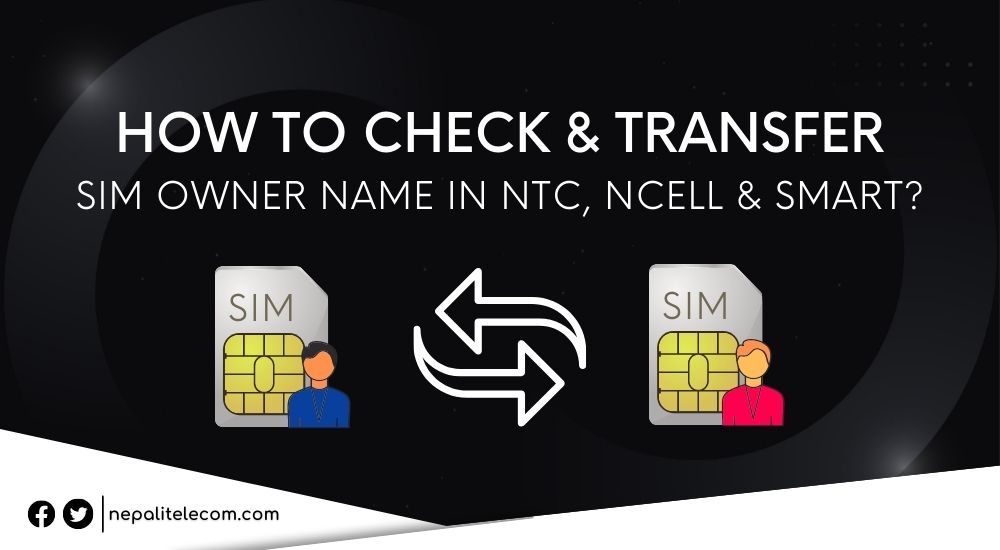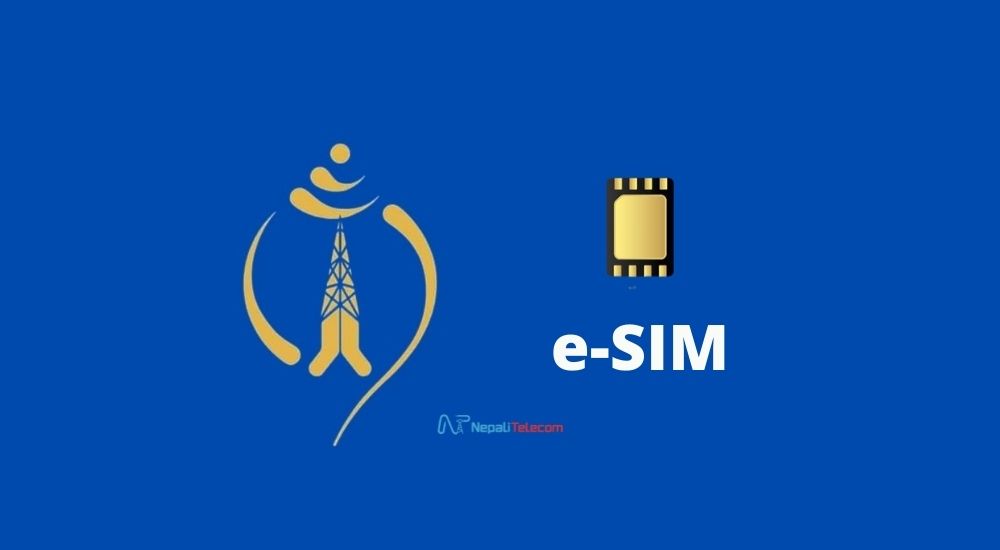When you finally get the opportunity to build on your own business, it truly is a once-in-a-lifetime experience. Running a business can be overwhelming. When it comes to business transactions, you want to be as organized as possible in this department. After all, this is where the bread and butter of your business lies. Keeping track of these transactions will make things easier for you when it comes to tax season. If you’ve found yourself wanting to be more organized and efficient in this area, here are 4 tips to help you out.
1. Business Bank Account
If purchases are being made for the business, ensure they are done using a business bank card. If a purchase is made using someone’s personal cards, there are a few issues that could crop with this. You will need to reimburse the individual as they will have spent their own money. You will then have issues tracking the transaction. By only using the business’ bank accounts, you can keep track of all transactions made for the business.
It may not seem like anything major, but over time these different purchases no matter how small can cause some chaos. It could very easily lead to unexplained losses and tax-induced nightmares. By separating business accounts from personal, it is easier to get a sense of incomings and outgoings as well as keep an efficient track of expenses. Separate accounts provide clarity and could even prevent incorrect taxation if your transactions and expenses aren’t accurate.
Read: How to create a bank account online in Nepal?
2. Cash
On the subject of paying for expenses, try and avoid using cash. Aside from super small amounts of petty cash say a morning coffee run, you want to avoid using cash to pay for anything for your business. Tracking expenses paid in cash are time-consuming and inefficient. It can be hard to reconcile cash payments with receipts. If cash must be used, like in the above, you want to reimburse the individual as soon as possible using an expense form. This is necessary to ensure that the transaction has been accurately noted and VAT or any other tax has been recorded.
3. Go Digital
Having software that tracks your business transactions is a game-changer. You can also connect your business bank account to this software. This then automatically tracks your business expenses. It will save you time and resources as you won’t have to manually input receipts or data. Even though it’s super important to regularly track our expenses, it’s human nature to forget, by having software do this job for us we can save ourselves a lot of pain later! The folks over at Messente suggest using SMS to deliver receipts and messages to customers. By digitalizing this and storing it in one place, you can easily keep an eye on your transactions.
Going digital means less storage space needed as you won’t need to file every piece of paperwork related to the business, physically. It usually also means less cost as you need fewer people and resources to run your business as more processes are automated. Technology also has the benefit of delivering more security, keeping your business transactions well protected.
Check out: How to be efficient by using the Internet?
4. Organization
Keeping documents related to business transactions is key. This should be high on the priority list. By holding on to them you can easily track the transaction if there are any future queries regarding it. You will also have proof on hand should you need to show it to an auditor or for tax purposes. Most businesses will need to keep the documents that support their tax claims for usually a minimum of 5 years. This does depend on where you are located so you will need to check this for your area.
The documents you will need to keep are generally receipts, payslips, invoices, etc. Not only do you need to keep a hold of these records but you will also need to ensure that they are organized efficiently. It’s pointless to have them if you can’t easily pull up a record when you need it. Baring in mind, if you’re going digital you will have considerably fewer documents which will make it easier to keep them organized. It’s also a good idea to keep a digital copy of everything.

Keep these tips in mind for the smooth and efficient running of your business. You should be implementing these things to easily track business transactions. Ensuring this process is as organized as possible will save you a lot of hassle in the long run when it comes to accounting and tax season!












